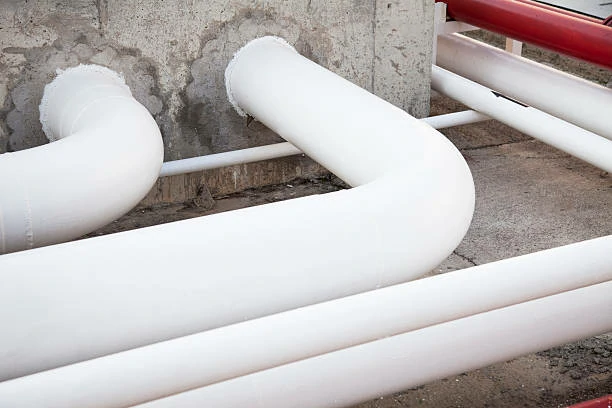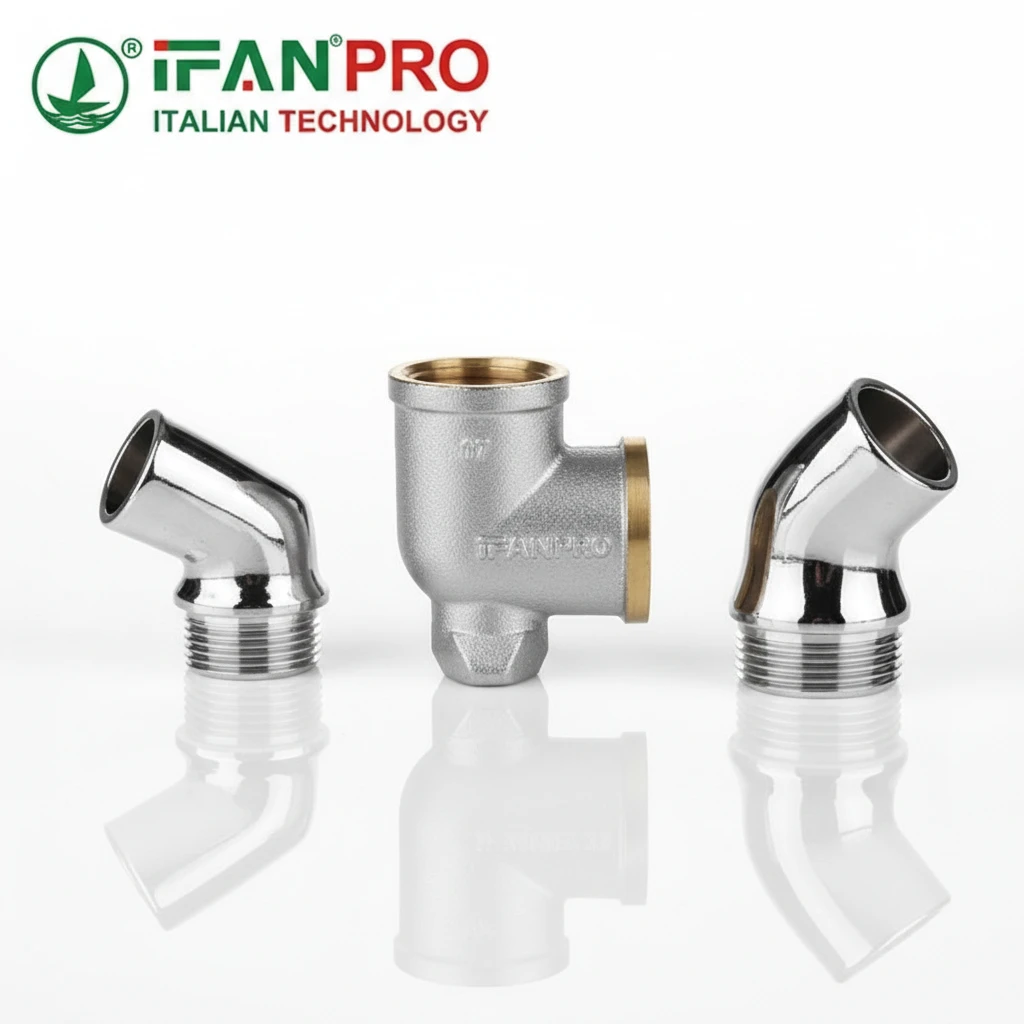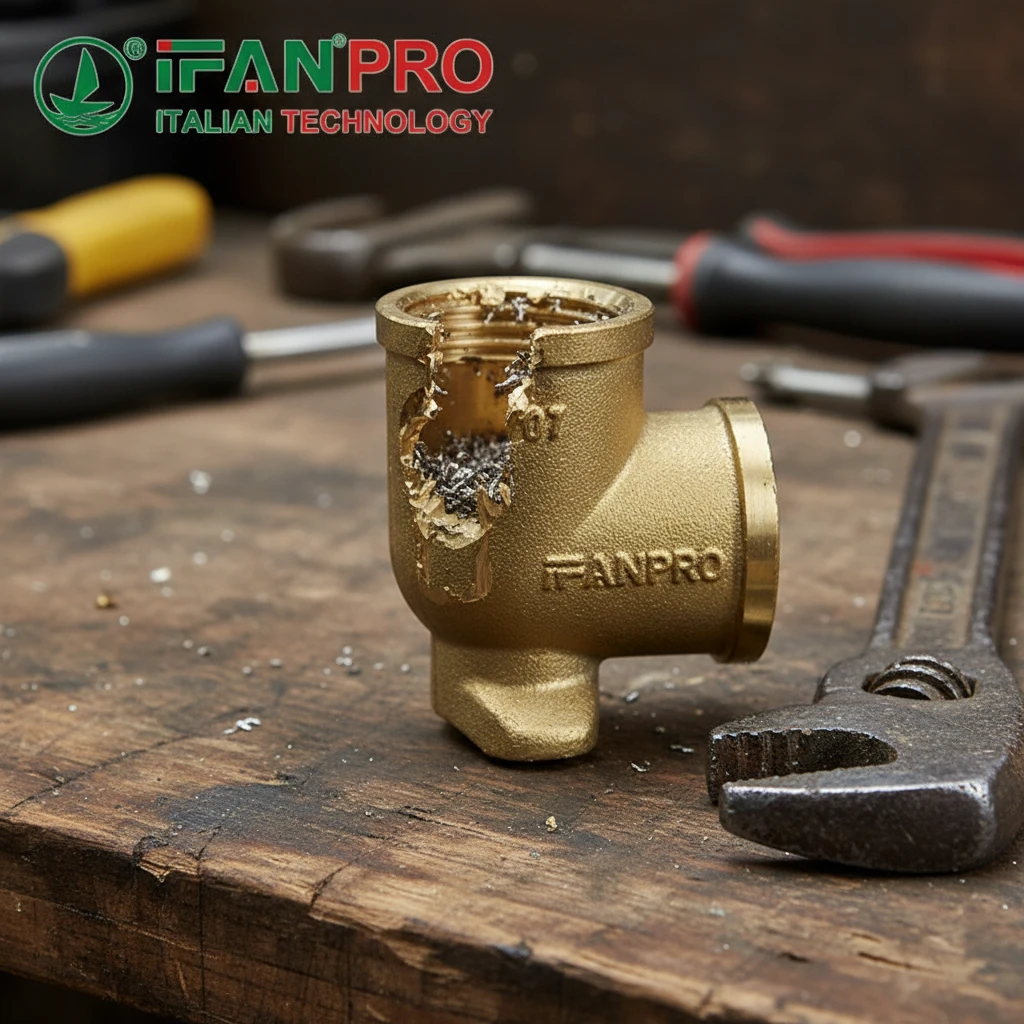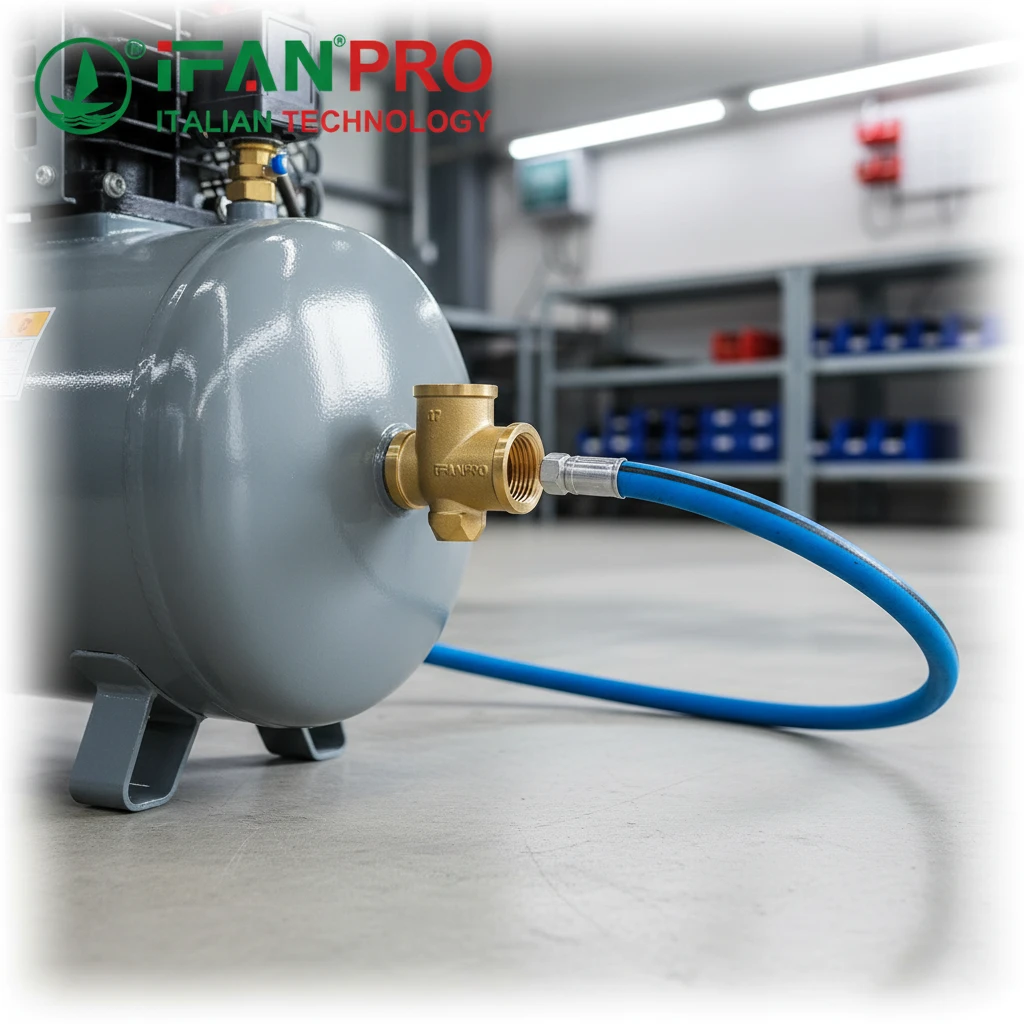PVC plumbing systems stand out as one of the most durable and cost-effective solutions for residential, commercial, and industrial use. PVC, or polyvinyl chloride, offers longevity, strength, and resistance to environmental factors, making it a popular choice for many applications. Understanding the factors that affect the lifespan of PVC plumbing helps homeowners and contractors make informed decisions about installation, maintenance, and replacement.
Long-Lasting Material
The primary reason PVC plumbing lasts so long lies in the material’s chemical composition. PVC pipes resist degradation from most chemicals, including those often found in water and soil. This durability ensures that PVC pipes remain functional for decades, with many systems lasting 50 years or more. In many cases, well-installed PVC pipes outlast the buildings they serve, providing long-term value and reliability.
PVC doesn’t suffer from corrosion or rust, which significantly extends its service life compared to metal pipes. Metals, especially those exposed to water, tend to oxidize and degrade over time. PVC’s resistance to these common issues makes it an excellent choice for plumbing systems that need to remain intact for many years.
UV Resistance and Above-Ground Applications
While PVC plumbing performs exceptionally well in most environments, direct sunlight can cause degradation in some cases. Ultraviolet (UV) light from the sun weakens the material’s structure over time if the pipes remain exposed without any protection. However, many manufacturers offer UV-resistant PVC pipes, which provide additional protection and ensure a longer lifespan in outdoor applications.
For homeowners or contractors installing PVC plumbing above ground, painting the pipes or covering them with protective materials extends their life. When properly shielded from sunlight, PVC plumbing systems in outdoor settings maintain their structural integrity for decades. Insulation or coverings also protect the pipes from extreme temperature fluctuations, further enhancing their longevity.
Resistance to Corrosion
PVC plumbing systems experience fewer issues related to corrosion, which significantly affects the lifespan of traditional metal piping systems. Corrosive water or soil environments often cause metal pipes to deteriorate, leading to leaks, blockages, or structural failures. PVC remains immune to these problems, even in aggressive chemical environments. This feature makes PVC plumbing ideal for both residential and industrial settings, where the water or surrounding environment may contain substances that degrade other materials.
In areas with hard water, which contains high levels of dissolved minerals, PVC plumbing maintains its integrity while metal pipes become clogged with scale and deposits. This resistance to mineral build-up ensures that the pipes continue functioning without requiring frequent cleaning or repair, further extending their lifespan.
Flexibility Reduces Breakage
PVC plumbing’s flexibility contributes to its long lifespan, particularly in regions prone to ground shifts, earthquakes, or soil movement. Unlike rigid metal pipes, PVC can bend slightly without breaking, which allows the system to absorb shocks or shifts in the surrounding environment. This characteristic reduces the likelihood of cracks or ruptures in the pipes, preserving the system’s functionality for longer periods.
The flexibility of PVC also proves beneficial in areas with freezing temperatures. When water inside metal pipes freezes, it expands, causing the pipes to crack or burst. PVC’s ability to flex under pressure reduces the risk of damage from freezing, and many installers add insulation to PVC pipes to further protect them from low temperatures.
Lower Incidence of Leaks
Leaks represent one of the most common causes of plumbing failures in older systems. PVC plumbing systems, due to their design and material properties, experience fewer leaks than other types of pipes. The joining methods used for PVC pipes, such as solvent welding or push-fit fittings, create strong, leak-proof seals that last for many years.
In addition, PVC plumbing typically requires fewer joints and fittings compared to metal pipes. Fewer joints mean fewer opportunities for leaks to occur, which directly impacts the system’s longevity. With fewer weak points, PVC plumbing systems last longer without the need for extensive repairs or maintenance.
Resistance to Internal Wear
Another factor that affects the lifespan of plumbing systems lies in internal wear from flowing water. Over time, water can erode the inner surfaces of pipes, leading to thinning and eventual failure in many materials. PVC pipes, however, resist internal wear due to their smooth surface and chemical stability.
The smooth interior of PVC plumbing reduces friction and wear caused by water flow. This feature not only extends the life of the pipes but also improves water pressure and reduces the risk of blockages. Water and debris move more efficiently through the system, preventing the kind of internal damage that often shortens the lifespan of other plumbing materials.
Chemical Resistance in Industrial Applications
In industrial or commercial applications, the presence of harsh chemicals can significantly reduce the lifespan of many plumbing materials. PVC pipes, however, resist most chemicals found in water treatment facilities, chemical plants, and other industrial environments. This chemical resistance allows PVC plumbing systems to function reliably in demanding environments without suffering from the degradation that would occur with other materials.
PVC’s ability to withstand chemical exposure makes it an excellent choice for applications such as wastewater management, where the pipes may come into contact with corrosive substances. Even after prolonged exposure to aggressive chemicals, PVC plumbing continues to perform well, maintaining its integrity and functionality for decades.
Minimal Maintenance Requirements
PVC plumbing systems require minimal maintenance, which helps extend their lifespan. Regular inspections and occasional cleaning or minor repairs ensure that the system remains in good condition, but PVC pipes generally need fewer interventions than metal systems. The material’s resistance to rust, corrosion, and internal wear reduces the need for frequent upkeep.
Homeowners and property managers can prolong the life of PVC plumbing by taking simple preventive measures. For instance, avoiding the disposal of grease, large food particles, or other clogging materials down drains reduces the risk of blockages that could damage the pipes. Regularly cleaning drains and ensuring proper water pressure also helps maintain the system’s longevity.
Proper Installation Extends Lifespan
The lifespan of any plumbing system depends significantly on the quality of its installation. PVC plumbing systems last much longer when installed correctly, following manufacturer guidelines and industry best practices. Properly installed pipes handle water flow efficiently, resist leaks, and avoid the kind of stress or damage that could shorten their life.
Contractors and plumbers who adhere to recommended installation procedures ensure that the system functions optimally from the start. This includes using the correct solvent cements, fittings, and pipe sizes for the specific application. Proper installation minimizes the risk of leaks, joint failures, or other issues that could compromise the system over time.
Environmental Factors and Longevity
The environment in which the PVC plumbing system operates also plays a role in its lifespan. While PVC pipes resist many external threats, such as chemical exposure or soil conditions, extreme temperature fluctuations, ground movement, or prolonged exposure to UV light may impact the system’s longevity. However, protective measures like insulation, shielding from direct sunlight, and regular inspections mitigate these risks.
In regions with stable soil and moderate climate conditions, PVC plumbing systems tend to last even longer, as they face fewer external stresses. By understanding and addressing environmental factors, property owners can ensure that their PVC plumbing lasts as long as possible.
Cost-Effective Long-Term Solution
When considering the lifespan of PVC plumbing, it becomes clear that the material offers a cost-effective long-term solution for a wide range of applications. The durability, resistance to corrosion, and ease of maintenance make PVC plumbing an attractive choice for both residential and commercial installations. With a lifespan of 50 years or more, PVC pipes provide excellent value over time, reducing the need for replacements or extensive repairs.
The long lifespan of PVC plumbing means that homeowners and businesses can enjoy reliable water supply and waste management systems without the worry of frequent breakdowns or expensive repairs. In comparison to other materials, PVC consistently proves to be a smart investment for those seeking long-lasting, durable plumbing systems.
Top PVC Plumbing Manufacturers
| Company Name | Location | Years Of Experience | Certificates |
| IFAN | Zhuji, China | 1993 | ISO certification |
| ASC Engineered Solutions | USA | 2019 | ISO certification |
| Patel Precision Works | India | over 21 years | ISO certification |
| RED-WHITE VALVE CORP | USA | 1971 | ISO certification |
| SVF Flow Controls | USA | 1988 | ISO certification |
IFAN international standard for PVC Plumbing
IFAN adheres to a wide range of international standards for its products, ensuring high quality and performance. These standards include BS 3505 and BS 4346 from the British Standards Institution; ASTM D1785 SCH40 and SCH80, ASTM D2665, ASTM D2241, ASTM D2729, and ASTM F441/F441M from the American Society for Testing and Materials (ASTM); DIN 8061/8062 from Germany; GB and GB/T 10002 series standards from China; ISO 1452 and EN ISO 1452 from the International Organization for Standardization (ISO); AS/NZS 1477 from Australia and New Zealand; JIS K6741 from Japan; CSA B137.3 from Canada; NSF/ANSI 14 from the United States; and TIS 17-2532/1131-2535 from Thailand. These certifications highlight IFAN’s commitment to meeting global safety and quality requirements across various industries.
Conclusion
PVC plumbing keeps maintenance costs low through its durability, ease of repair, resistance to corrosion, and flexibility. Fewer joint failures, reduced risk of clogs, and a lower likelihood of damage in cold climates all contribute to the overall cost-effectiveness of PVC systems. With affordable replacement parts and simple repair methods, PVC proves to be an economical choice for both residential and commercial properties. By adopting preventive maintenance practices, property owners can further reduce long-term expenses while enjoying the benefits of a reliable and durable plumbing system.
Connect
IFAN is a Chinese manufacturer of plastic pipes, fittings and valves with 30 years of experience. If you are interest in IFAN copper fittings, copper valves, plastic pipes and fittings, please contact us. IFAN offers you a variety of standard pipes to meet your specific needs. Click below to learn more about IFAN’s wide range of affordable and cost-effective valve products and piping system related products.
We will reply your email or fax within 24 hours.
You can call us at any time if there is any question on our production.
For more information,pls visit our webside https://ifanpro.com/
Pls Mailto: [email protected]
Whatsapp: + 86 19857948982














Recent Comments